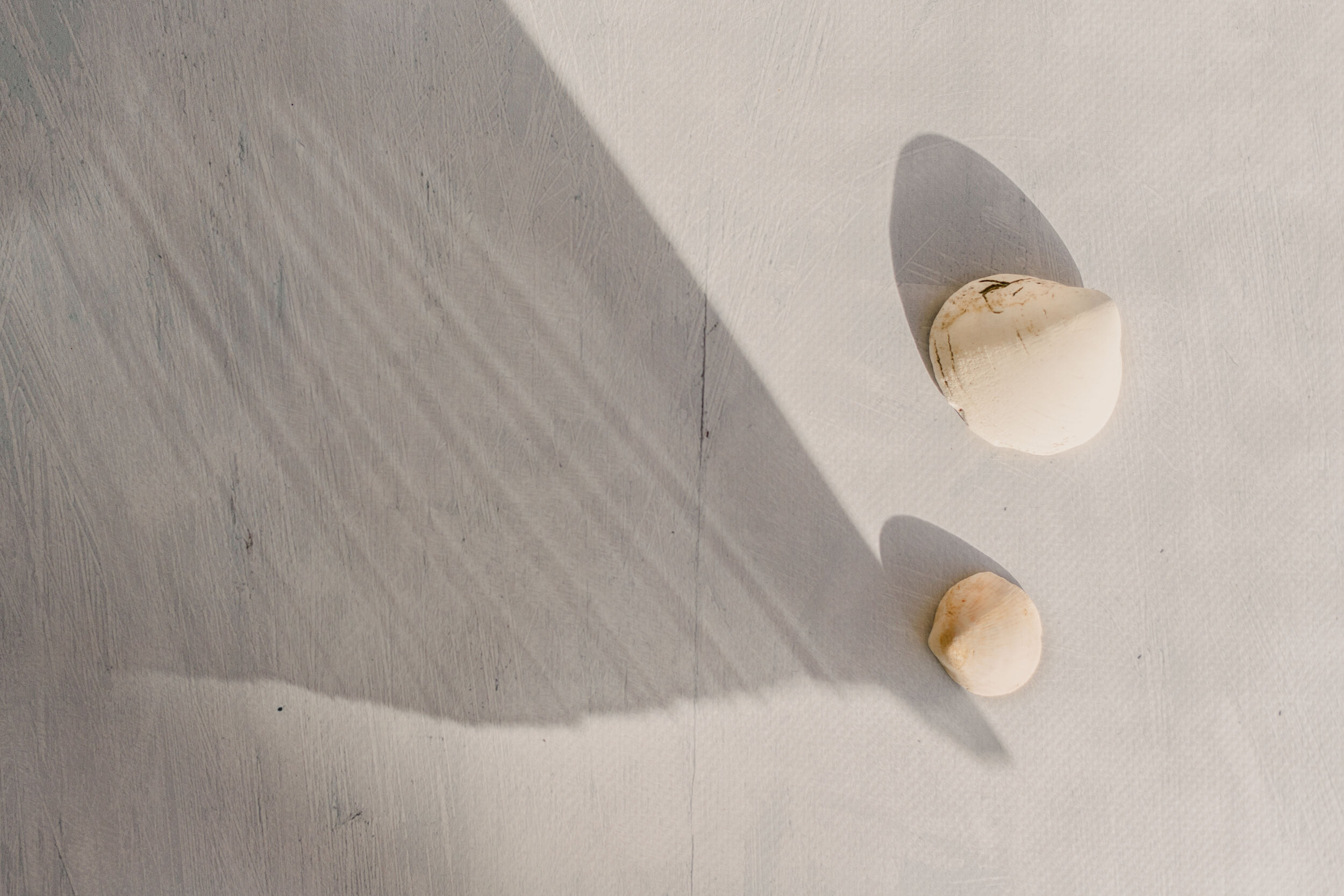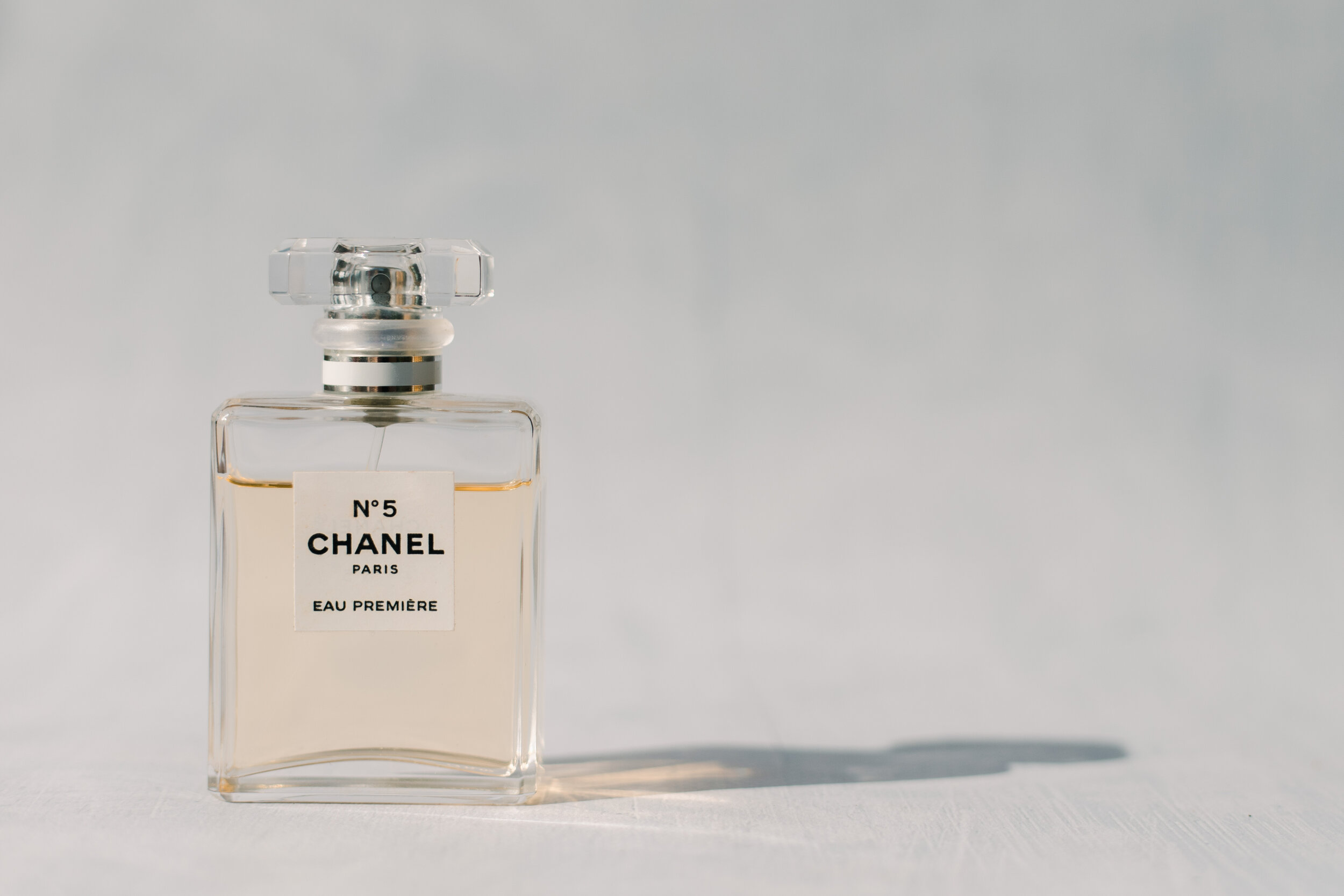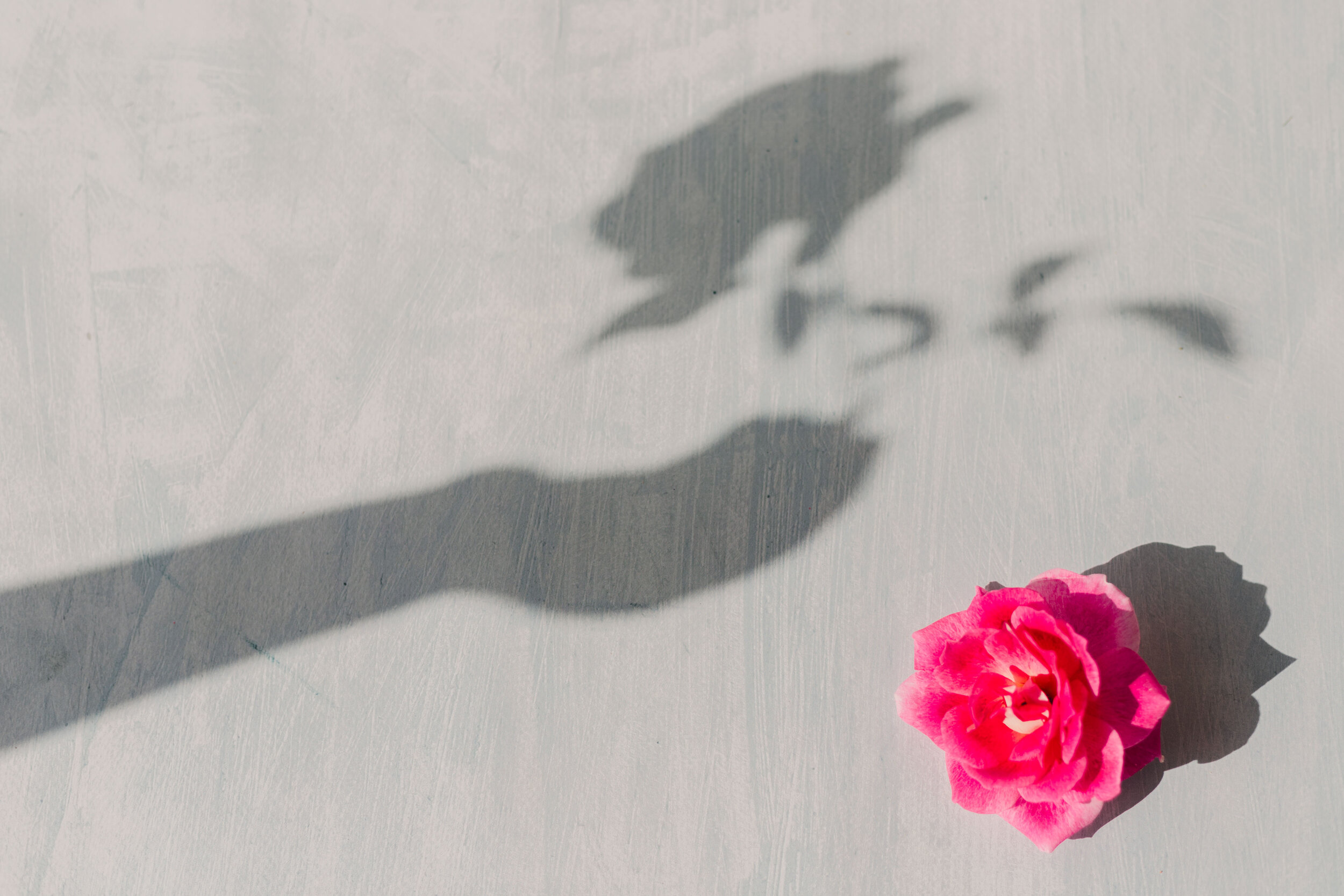Harsh Light of Covid-19
The world is in crisis. In December, we were warned of an oncoming storm. I should have listened to the warnings. I should have looked for the storm clouds gathering and paid attention as pandemic and panic began to cast their eery, unnatural light. And yet, as I sat in my little garden in Vienna, enjoying the cool spring sun, I didn’t. I stayed behind my garden’s high white walls and told myself that Covid-19 was a million miles away. It didn’t affect me. Until, one day, it did.
Covid-19 spread to Italy, the country on Austria’s southern border. It crossed into Tyrol, Austria’s green-hilled, Sound of Music picturesque countryside. Then it came to Vienna. At first, Covid-19 in Vienna was an abstraction, something that caused had-hoc school closures and local government ads about the importance of handwashing. It was a novelty, something to talk about, like celebrity gossip, something interesting but with no bearing on your daily life. The warnings were there but we turned away.
The second week of March everything changed. The museums closed. Then the high schools. The primary schools and kindergartens followed. Cafes and restaurants were told to trade only in the mornings. Two days later all businesses other than chemists, supermarkets and doctors, were shuttered. Public parks and playgrounds were closed.
Countries shut their borders. Transport slowed, winding down, stopping. The European Union fractured, it’s integrated economy and ‘we rise by supporting each other’ ethos excised and replaced with nationalism, fear and an ‘every country for itself’ mentality. The pan-European community, the work of decades, undone in days.
In Austria, we were ordered to stay at home. But, provided we didn’t congregate or go far, we were allowed out in the evenings. One evening we went for a walk. Vienna’s usually busy streets were hauntingly quiet. People, few and far between, eyed each other warily. Before Covid-19, the Viennese greeted each other with a nod and a ‘Gruss Gott’ (which, badly translated, means, ‘Hi. God bless you.’). Now, as the world emptied and people shut themselves away, we glared.
Instead of nodding our heads in greeting, we kept our heads down. Instead of exchanging Gruss Gotts, we swapped hostile looks. No longer a community, we were little islands zealously guarding our personal space. As I glared at a woman walking her bike far too close to my daughter, I realised that Viennese life and culture had changed. And I had changed with it.
My family changed, too. We had plans. Good plans. Well thought out and meticulously executed plans. We planned to return to Australia in April, three weeks before my spouse’s Austrian work contract ended. I’d finished two rounds of sorting out the house (the first round identified all the things we no longer needed. The second hunted for that spark of joy in pot plants, books and other household objects). Friends and neighbours were lined up to collect what we didn’t need or what no longer held frissons of felicity or reverie. Charity donation bags were packed, ready to be dropped off. The movers were booked. At the start of March, we were on track.
And then the borders closed. The airlines canceled flights. The Australian government warned citizens to get back before international travel became impossible. We had a window, small and narrow, to return to Australia. If we missed that window, we’d face the prospect of being stranded in a country long after my spouse’s job had ended, and with it our accommodation, our health insurance and our visa. It was time to leave Vienna; four years of ex-pat life thrown away in a day.
Leaving was a hectic whirlwind that left me too tired to think, too tired to cry. It was all last minute. All panic. All so not prepared. My spouse put my daughter and me on a plane, sending us back while they stayed behind to sort out the movers, turn off the electricity, hand back the keys, and do the thousand little things we’d scheduled and planned for April. We kissed at the airport gates not knowing when we’d be in the same place again. I sat on the first of our three flights back to Australia and took a photo of my daughter and I. The picture is all shock, fake smiles and harsh overhead light.
The harsh light of Covid-19
Harsh light is a photographer’s kryptonite. It can destroy photos. It’s a spotlight that exposes every crevice, every wrinkle, every flaw. It casts deep shadows that demand our attention and creates otherworldly, distracting shapes. It’s not pretty.
For most of the year, the light in Vienna is soft. It’s ideal, the kind of light that glosses over wrinkles, evens out skin tones and gives photographs a painterly effect. In contrast, Australia’s sun is bright and fierce. Go out in it for long and your skin burns. Stand beneath it and the sun happily highlights all your pimples and all your scars.
Three days after landing in Australia, I took out my camera and cried. The light was harsh, throwing out dark shadows and bright white spots. I couldn’t figure out how to work with it. Six months before, when my plans were meticulous and on track and the proper noun ‘Covid-19’ didn’t exist, an Australian photographer had warned me about the country’s harsh light. I listened politely, but disinterestedly. The harsh sun was literally half a world away. It was someone else’s problem…not mine. Why should I care? I should have prepared, but I didn’t.
Covid-19 is casting a harsh light on our world. We can no longer hide in the soft, flattering light of polite platitudes and disinterested self-contentment. The virus is a spotlight, highlighting our selfishness, our factionalism, our flaws. Like the bright Australian sun, Covid-19 is exposing our scars, our scratches, all the ugliness we like to keep hidden. We’re raw and exposed, literally, without vaccine or herd immunity, with insufficient medical resources and little political will to band together to support one another. We’re burning in Covid-19’s stringent light.
Stark but beautiful pictures of life during a pandemic
Every day I practice my photography in Australia’s blinding sun. I’ve deleted more photos than I’ve kept. But I’m learning. If I pause, if I stop my rising panic and think, I can narrow my focus. I can look at small details, and lean into the harsh light. I can see the color in shadows cast by a purple rose. I can play, sculpting darkness and light. I’m learning that light and shadow give photographs personality and depth. Harsh light can create something beautiful.
Each day I’m learning to look for the beauty in the harsh light cast by Covid-19. The work colleague who took my spouse into their home, defying a social distancing order to take care of a weary friend separated from their family. The in-laws who took my daughter and me in when we arrived much too early to go back into our Australian home. They gave us a home even though it meant entering with us into government-mandated at-home quarantine.
In the shadow of fear and isolation, I can see friends and family reconnecting. Old friends separated by distance meeting up for coffee over Skype. My daughter playing with her grandmother via Facebook Messenger. Acquaintances on Facebook offering their spare room to anyone who loses their job because of Covid-19. Creatives on social media supporting one another by advertising each other’s small businesses. There is good to be found if we slow down, let the panic fall away, and look.
Covid-19 is showing me, yet again, that God is Lord of the bad times as well as the good. How are you seeing His goodness in the bad, His beauty in the harsh light? Comment below and let us know; we could all use the encouragement. I’ll start: My family was recently reunited. My spouse left Vienna on one of the last few flights, after much prayer, flight cancellations, more prayer, uncertainty, digging into savings to pay for price increases, more prayer, and at least one session of panic eating all the chocolate cookies in my in-laws’ house. So, I guess that’s another praise point: Praise God for chocolate cookies.
*All photography by Erin East






